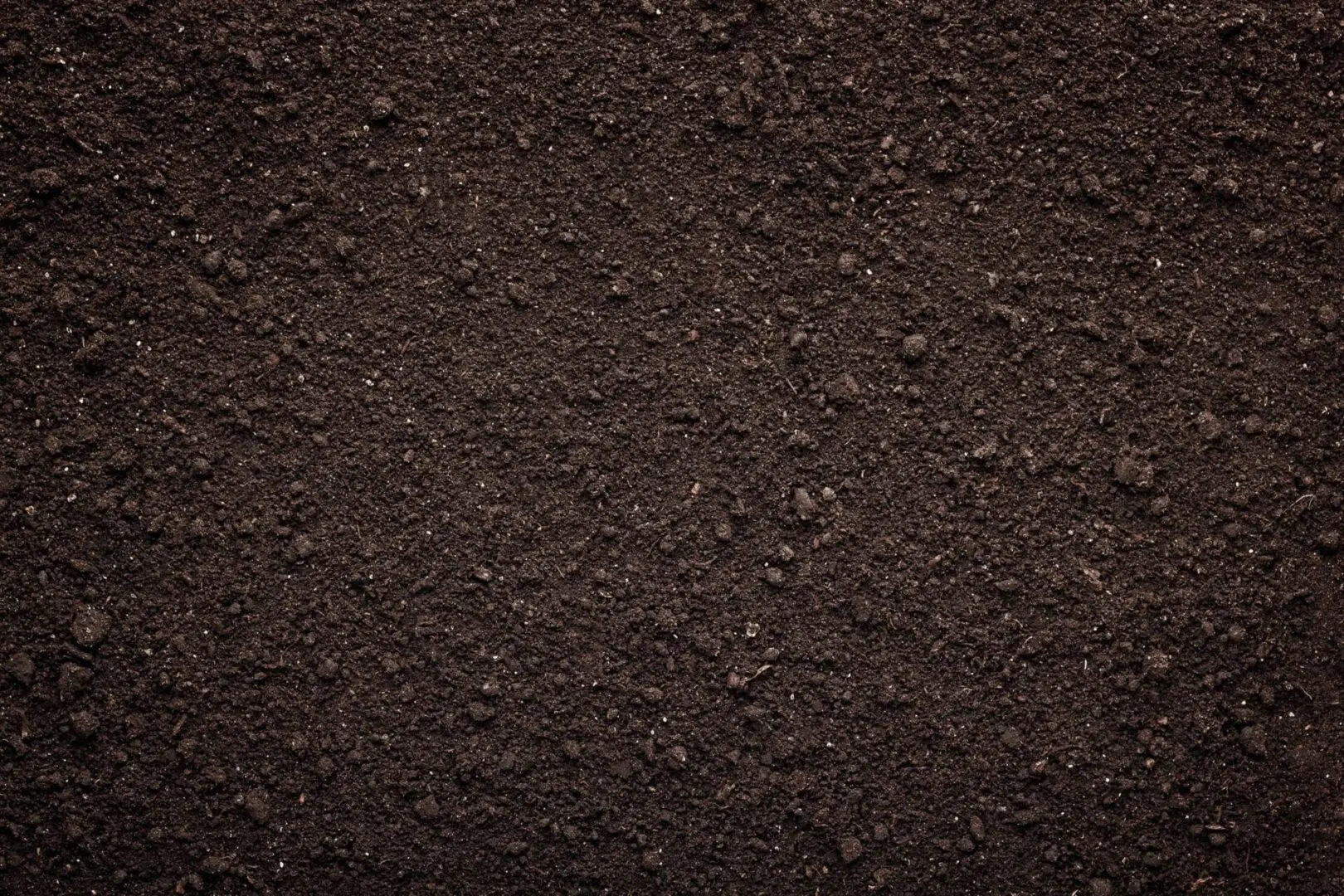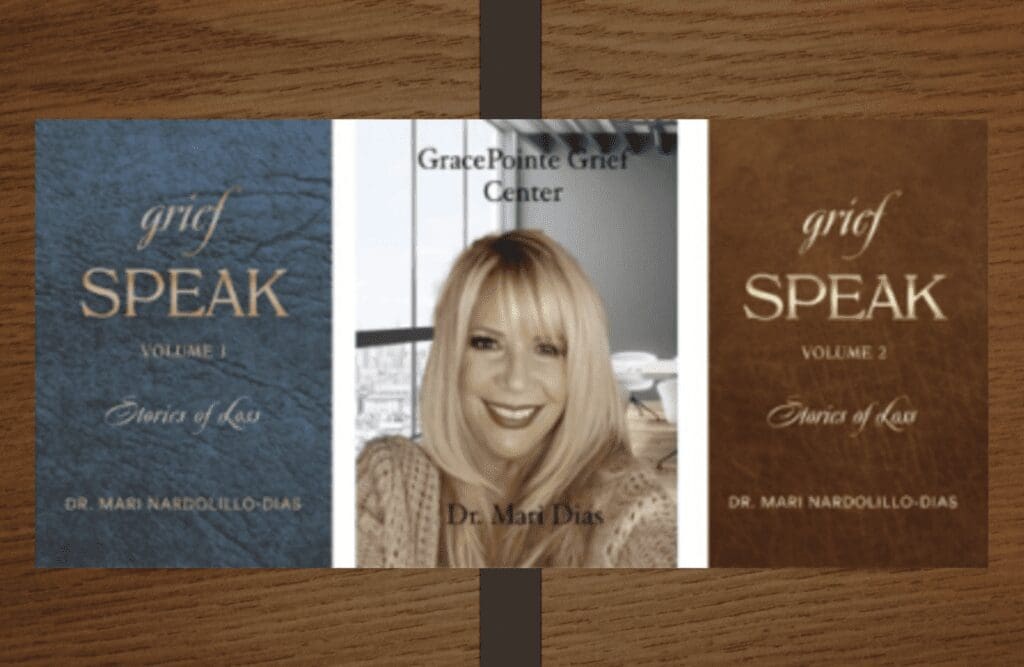Search Posts
Recent Posts
- Rose Island experts Sean O’Connor and Michael Simpson – G. Wayne Miller, Ocean State Stories June 11, 2025
- Time for Sour Grapes! – 6.11.25 – Tim Jones June 11, 2025
- Rhode Island Weather for June 11, 2025 – Jack Donnelly June 11, 2025
- What you should know about Social Security if your spouse passes away – Cheryl Tudino, SSA June 11, 2025
- It is what it is… 6.11.25 – Jen Brien June 11, 2025
Categories
Subscribe!
Thanks for subscribing! Please check your email for further instructions.

GriefSPEAK: Human composting, another option for burial – Mari Nardolillo Dias
by Mari Nardolillo Dias, EdD, contributing writer
Yay or Nay?
Natural organic reduction (NOR), better known as human composting, passed with more than a two to one vote in the RI House of Representatives this week. If the Senate does the same, Rhode Island will be the 7th state to allow voluntary human composting: joining the list of Washington, Colorado, Oregon, Vermont, California and New York. Human composting is also legal in Sweden, while natural burials, when a body is buried without a coffin, are allowed in the U.K., according to the BBC. (Bickman, Newsweek, January, 2024.)
Human composting sees a body shut in a container, usually filled with material such as straw and wood chips, where it decomposes over a period of several weeks. Much like an urn containing cremains, this legislation allows for one to take home a container of human compost to use in our flower or vegetable gardens.
According to WebMD, “After the body has turned to compost, it must be held at a temperature of 131°F. To ensure all bacteria are killed off, a sample is sent to a lab to test if the compost is safe for use. The lab will test for bacteria like E. coli and Salmonella, as well as heavy metals like mercury.”
Expectedly, climate activists and advocates argue that human composting produces fewer carbon emissions than either cremation or burial, and thus is more environmentally friendly. (Bickman, Newsweek, January, 2024); however, many religious groups voice dissent on this option, as it does not provide dignity to the human form at death. Many still opt for the traditional burial: embalming the body (not required in Rhode Island unless there is a contagious disease), a wake with an open casket, and a cemetery burial. Historically, this traditional method was based on an afterlife. Additionally, there exists large groups of individuals (who may often opt for cremation) believe that the physical body is merely a vessel for the soul, and thus the body is not their lost loved one; their soul and spirit remain accessible through their energy.
I would argue that one’s belief in death and the burial choice is based on their convictions. Fortunately this is not a mandate, but rather a choice. A cursory survey of my past and present clients (N=2000 responses) revealed 0 in favor of this option. Most stated that it was “creepy” and at least a third stated that “It’s a money maker – new compost companies, no wonder it was passed!” I wonder how many of you might choose this option, or have a family member who requests this “green burial.” The topic has certainly caused both controversy and fodder for talk radio. For those of you who would like more information on this option, you may visit the following website for more information on human composting facilities.
Inside one of the world’s first human composting facilities (theverge.com)
You can leave a comment below, to let us know what you think about it all, too!
___
Access all of Dr. Dias’ columns at: GRIEFSPEAK

Dr. Mari Nardolillo Dias is a nationally board-certified counselor, holds a Fellow in Thanatology and is certified in both grief counseling and complicated grief. Dias is a Certified death doula, and has a Certificate in Psychological Autopsy.
Dias is Professor of Clinical Mental Health, Master of Science program, Johnson & Wales University. Dias is the director of GracePointe Grief Center, in North Kingstown, RI. For more information, go to: http://gracepointegrief.com/
Dr. Dias is the author of GriefSpeak
